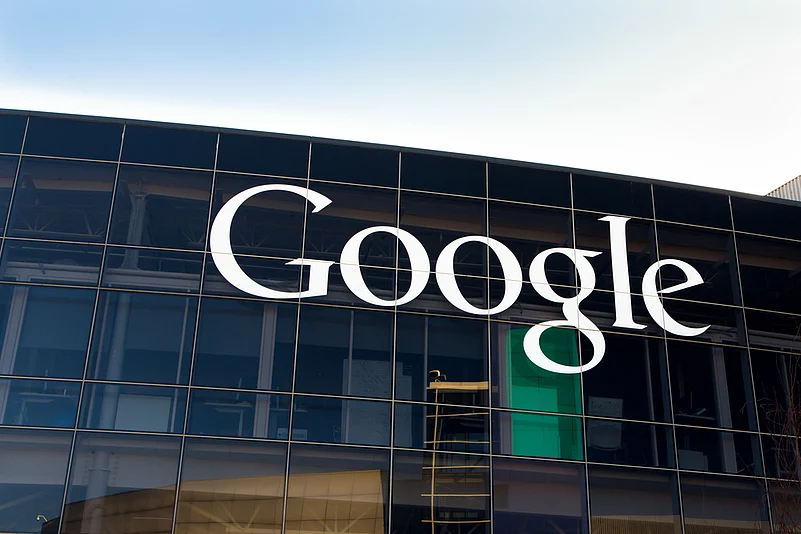Google has long faced accusations of misusing its crown, leveraging its monopoly within the Android system. On March 1, the tech giant took an even bolder step by removing 10 apps from its Play Store in India, citing non-payment of service fees. While the CCI (Competition Commission of India) accused the tech giant of engaging in anti-competitive practices through dubious billing policies, Google stands by its own justifications.
What makes this incident even more serious is that many leading apps witnessed their removal from the Play Store. Among them were popular platforms like Kuku FM, Bharat Matrimony, 99acres, and Naukri.com.
However, this is not the first time the tech giant has been called out for leveraging its hegemony. Last year, EPIC Games, a video game and software developer known for Fortnite, also pointed fingers at Google. The developer alleged that the Play Store's billing service had transformed into an unlawful monopoly.
What Is The Bone Of Contention In Playstore's Billing Policy
Every app wants visibility and user attention. Google's Play Store and Apple's App Store have reigned as the top two platforms for visibility. While it's understandable for third-party platforms to levy fees for the services they provide to apps, Google's billing policies have faced accusations of discrimination and engagement in anti-competitive practices.
Companies often have two methods when opting for payment systems- Google Play Billing System (GPBS) or alternative providers like Paytm, UPI, and Razorpay. Interestingly, a whopping 80 per cent of transactions currently bypass GPBS, mainly because alternatives offer better settlement periods. Also, these payment processors charge only a 1-5 per cent commission for similar services.
Google initially wanted to make GPBS mandatory, but the CCI stepped in, labeling it as anti-competitive.
In response, Google introduced User Choice Billing (UCB), which many claim is just a rehashed GPBS, going against the CCI's orders. Despite a slight 4 per cent fee reduction, UCB still hits developers with an 11-26 per cent commission, pushing the total above 30 per cent when combined with fees from other providers.
The domestic competition watchdog deemed the policy as discriminatory due to its selective imposition of fees. While most developers receive the same services, only a minority (3 per cent) are subject to bear the brunt of additional costs.
Apps like Amazon, Uber, and Zomato offering physical goods and services are exempted from the same. On top of it, CCI states that Google's deal with Spotify highlights preferential treatment, with Spotify paying a minimal 4 per cent fee under UCB.
A Not So 'Fair' Play
Last evening, Shaadi.com's CEO, Anupam Mittal, took the matter to X, by calling Google's delisting decision a dark day for India's internet.
While Google's dominance may give it an upper hand in such situations, its operations in India require compliance with the country's laws.
Another aspect worth considering is that the tech giant falls short of providing a detailed breakdown of its services and fees, as directed by the CCI. Instead, it bundles all services and imposes them without offering a fair choice or transparency in the market.
Imposing dominance without providing clarity on rules and regulations speaks volumes about how monopolies try to hide their wrongdoings behind soft power. This is likely what prompted the rise of decentralized systems. However, for now, the fate of removed apps hangs in uncertainty as the CCI's next step is awaited.




























